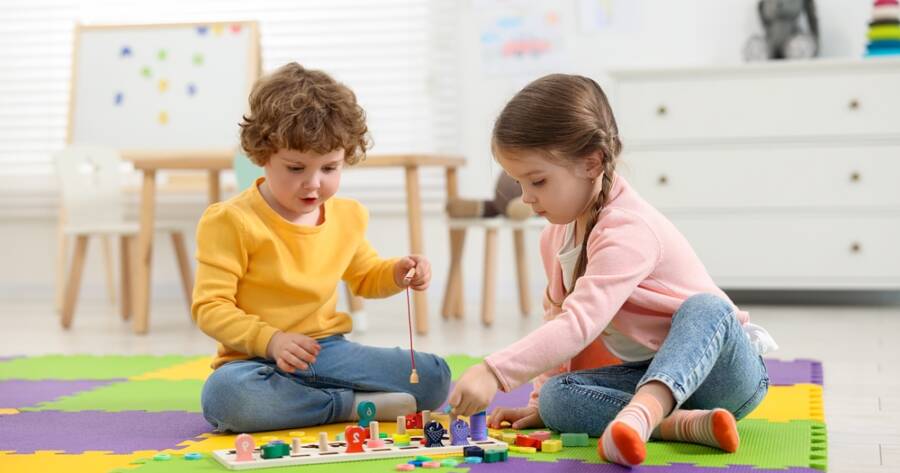Choosing the right educational path for your child is a major decision. Many families are drawn to Montessori schools for their unique teaching methods and emphasis on independence. But before you make the leap, it is important to understand what Montessori education truly involves and whether it fits your child’s learning style and needs.
The Core Principles Behind Montessori
Montessori education was developed by Dr. Maria Montessori in the early 1900s. The approach centers on the belief that children learn best when they are allowed to explore their environment at their own pace. Classrooms are designed to be hands-on and filled with materials that encourage independent learning.
Children in Montessori settings often choose their activities, work in mixed-age groups, and learn through discovery rather than direct instruction. Teachers act more as guides than traditional instructors. The goal is to nurture curiosity, self-motivation, and a love of learning rather than simply covering a set curriculum. This method respects each child’s individual development and seeks to foster both academic and social skills.
Montessori vs. Traditional Schooling
There are several key differences between Montessori education and conventional schooling. In traditional classrooms, lessons are typically teacher-led and students move together through subjects at a set pace. Standardized testing often plays a large role in evaluating student progress.
In contrast, Montessori classrooms focus less on testing and more on observation and personal growth. Students are encouraged to master a concept before moving on, without the pressure of timed assessments. The emphasis on self-direction can help children develop strong problem-solving and time-management skills early on.
However, some children may prefer or thrive in a more structured environment. It is important to consider your child’s personality and needs when comparing the two styles. While Montessori can work wonderfully for independent learners, it may be less ideal for those who need more external motivation or firm structure.
What to Expect in a Montessori Classroom
Walking into a Montessori classroom feels quite different from entering a traditional school. You will likely see children working quietly, either alone or in small groups, on various activities. There are often no assigned seats, and students are free to move around the room as needed.
Materials are carefully chosen and placed at child-height to encourage independent use. Many lessons are taught using specially designed objects that help children understand abstract concepts in a concrete way. For example, mathematical concepts are often introduced with bead chains and counting rods before progressing to paper exercises.
Teachers, or “guides,” spend much of their time observing rather than lecturing. They step in to offer help when needed but primarily allow students to learn through exploration. This creates a calm, focused environment where students take ownership of their education.
Things to Consider Before Choosing Montessori
While Montessori education offers many benefits, it is not a one-size-fits-all solution. One important factor is the school’s accreditation and adherence to authentic Montessori practices. Some schools label themselves as Montessori but may not fully follow the original methods, which can affect the quality of education.
Another factor is how your child adapts to freedom and self-directed work. Some children may need time to adjust if they are coming from a more traditional school. Others may thrive immediately in the less structured setting. It is a good idea to visit a few Montessori classrooms and observe how the environment feels before making a decision.
Additionally, while many Montessori schools go through elementary years, fewer offer middle or high school programs. Families committed to the Montessori method should consider long-term plans for their child’s education journey.
Is Montessori the Right Choice for Your Family?
Montessori education offers a nurturing, self-paced approach that fosters independence, critical thinking, and love of learning. However, it may not be ideal for every child or family. Understanding its methods, benefits, and potential challenges can help you make an informed choice that supports your child’s growth and happiness.

